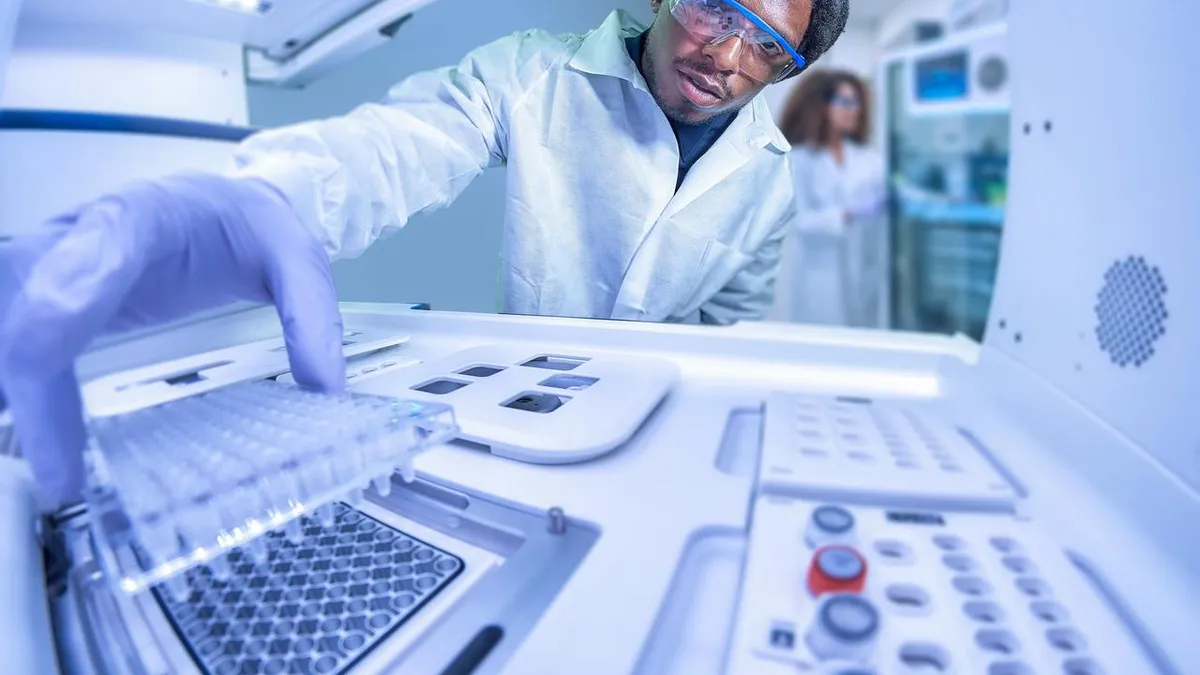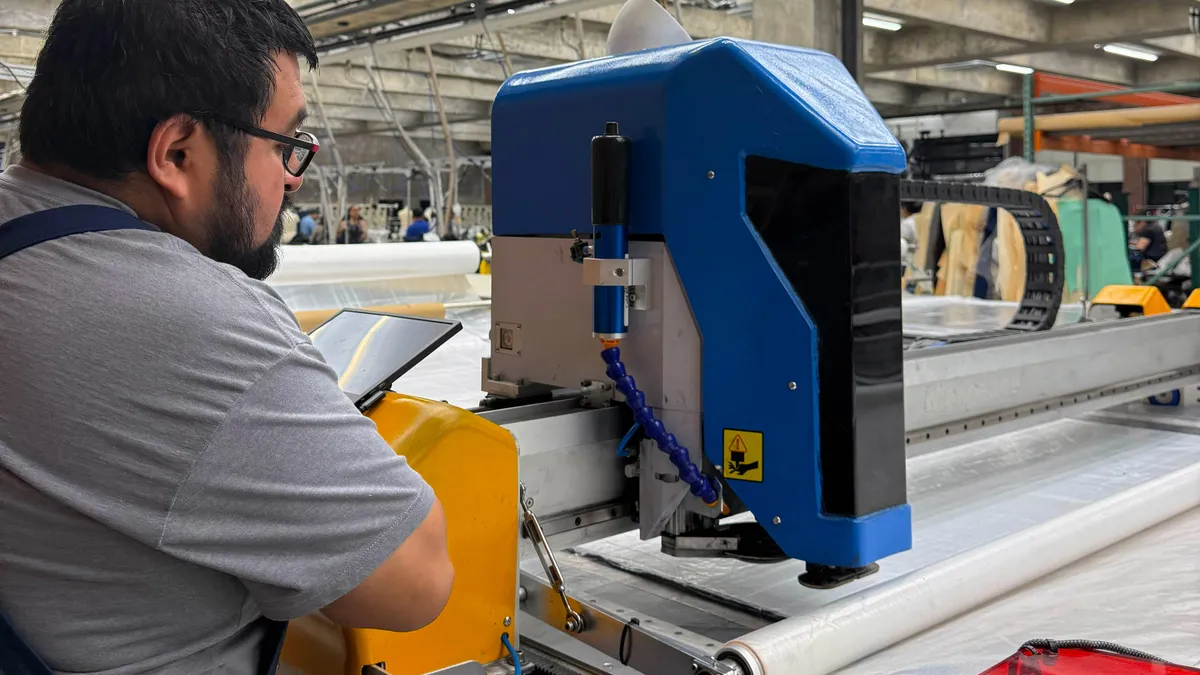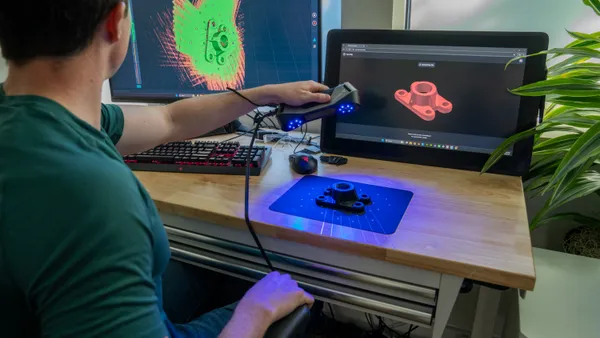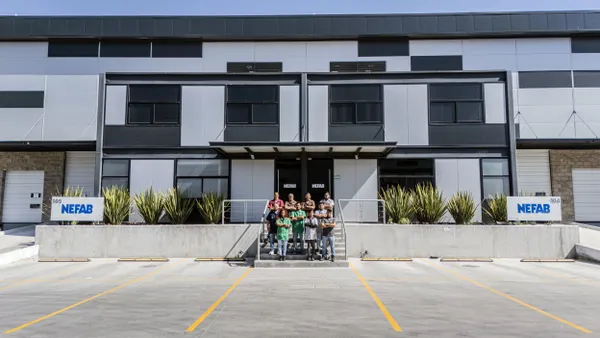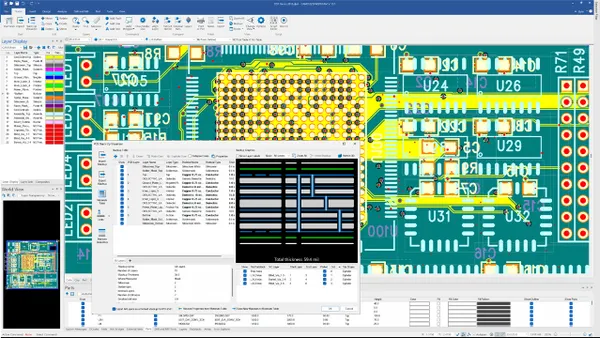Dive Brief:
- Verge Genomics, a biotechnology company using artificial intelligence to develop therapies for diseases of the nervous system, announced on Friday a four-year partnership with AstraZeneca's rare disease unit Alexion to identify new drug targets.
- As part of the agreement, Verge will receive up to $42 million in upfront, equity and near-term payments. The company also could receive as much as $840 million in milestone payments over the deal, along with royalties on any resulting products.
- The partnership seeks to find and validate new drug targets for uncommon neurodegenerative and neuromuscular diseases. The companies plan to do this by using Verge’s technology, which uses both AI and human tissue data to predict what drug targets are most likely to succeed in clinical testing.
Dive Insight:
Artificial intelligence tools have drawn the interest of many drugmakers hoping to use it to unearth new therapeutic targets.
Launched in 2015, Verge has raised over $100 million from a variety of investors, including the asset management firm Blackrock and large pharmaceutical companies like Eli Lilly and Merck & Co. Rather than follow the typical path for identifying new drug targets, which often involves animal or cell models, Verge uses machine learning to analyze genomic data from human tissue samples. The biotech claims this method allows it to “rapidly advance new data insights into clinical candidates.”
The technology has attracted partners in the past. In 2021, Verge formed a collaboration with Lilly to find and develop treatments for ALS, or amyotrophic lateral sclerosis.
Last year, the company’s board of directors also grew with the addition of former Biogen executive Al Sandrock.
Verge is currently developing a drug for ALS known as VRG50635. The small molecule drug is meant to restore degenerated neurons by inhibiting PIKfyve — an enzyme that, research indicates, performs various important cellular functions. It advanced into human testing last year. Data from a Phase 1 trial were released this June and showed positive signs with regard to safety and tolerability.
As part of the new collaboration, Alexion will use Verge’s technology to select novel targets with “high-potential” for other indications. Alexion will have the option to license potential targets to advance them through the development and commercialization.
AstraZeneca now has a stake in Verge as well.






